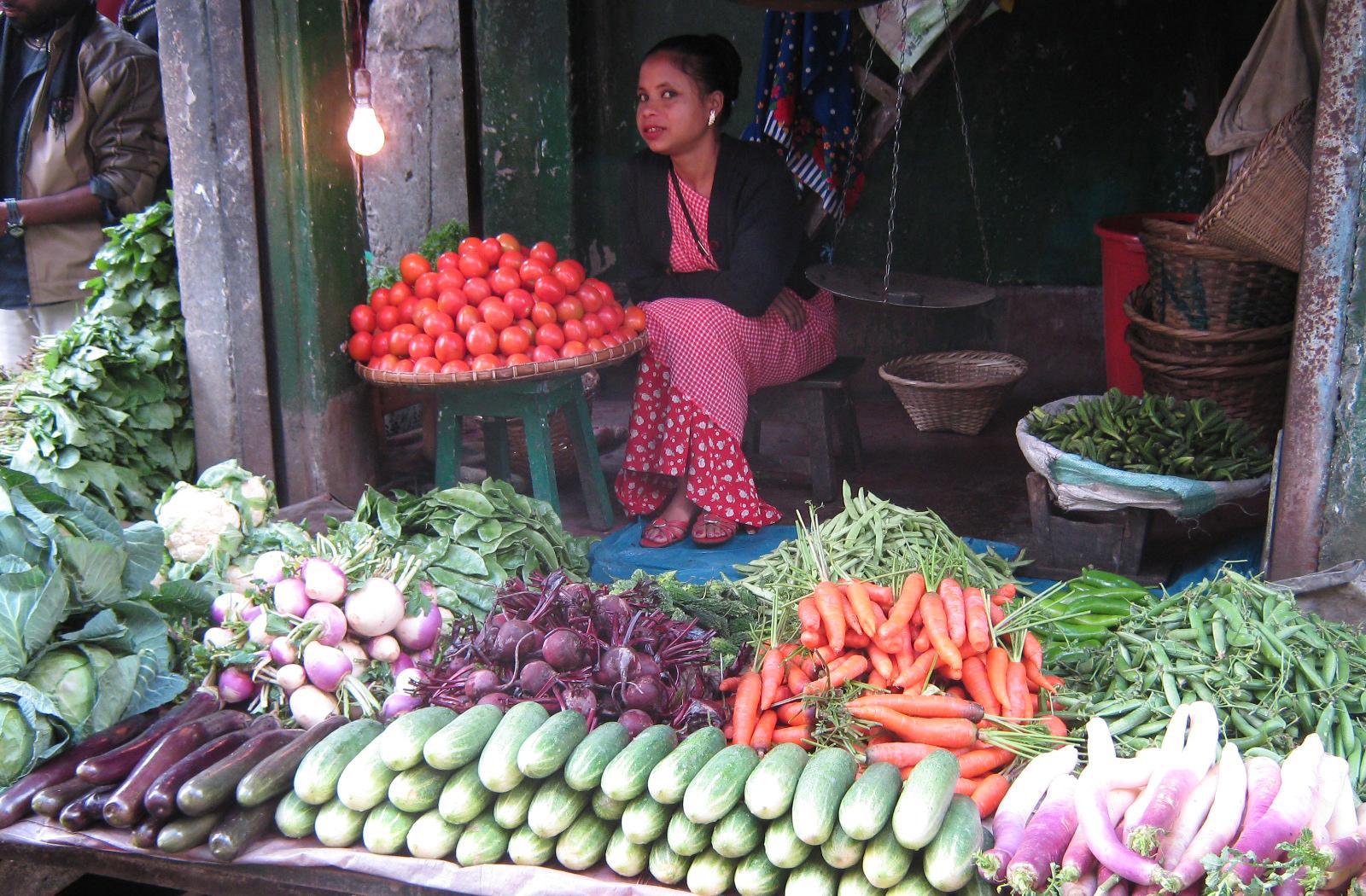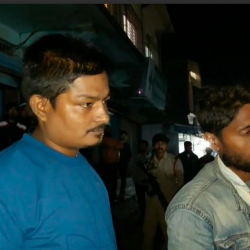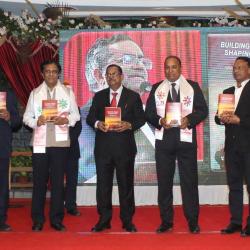In our modern world, the rising prevalence of chronic diseases is a harsh reminder of the impact of lifestyle and diet choices on our well-being. As Lalit Kapoor insightfully puts it, “The human body is a self-healing organism.” However, by relying heavily on medications to suppress symptoms, we disrupt this natural process and set off a vicious cycle of dependency and further health complications.
The key to vibrant health lies in embracing five fundamental pillars, as seen in communities of the world’s Blue Zones—regions where people live disease-free into their 90s and beyond. Let’s explore these pillars and how they can transform our lives.
1. Food: Nourishing the Body from Within
“All 30 trillion cells in the human body need nourishment,” writes Kapoor. Unfortunately, modern food processing has stripped many of our foods of essential nutrients while adding harmful elements like refined sugar, oil, and salt. To truly support our health, we need to shift our approach to eating.
Kapoor’s Three Rules for Healthy Eating:
- Avoid meat and poultry.
- Eliminate refined foods like sugar and oil.
- Steer clear of highly processed foods, including those containing high-fructose corn syrup.
2. Detox: The Art of Cleansing
The body’s lymphatic system is its natural janitorial crew, removing metabolic waste. As Kapoor highlights, “The human brain can only remove waste during deep sleep,” making restful sleep and periodic fasting critical to detoxification.
Research shows that fasting triggers a process called autophagy, wherein the body recycles waste, enhancing immunity and overall health. Practices like Ekadashi and Navratri fasting align beautifully with this science, promoting detoxification and longevity.
3. Circadian Rhythm: Aligning with Nature’s Clock
“Our body’s master clock synchronizes to day and night cycles,” explains Kapoor, emphasizing the importance of living in harmony with nature. By respecting the circadian rhythm, we support optimal hormonal balance and health.
Practical Tips for Circadian Alignment:
- Practice sun gazing during sunrise and sunset to synchronize with natural light.
- Finish dinner before sunset or as early as possible.
- Avoid physical exertion and screen time at night.
- Aim for 8 hours of restful sleep, avoiding alarm-induced awakenings.
4. Physical Activity: Move to Thrive
Movement isn’t just about staying fit; it’s essential for the lymphatic system to function. Kapoor advises, “Move your body regularly throughout the day. Even 5 minutes of movement every waking hour can make a difference.”
By integrating consistent activity into our routines—whether through walking, yoga, or even simple stretches—we can keep our bodies in optimal working condition.
5. Emotional & Spiritual Balance: A Holistic Approach to Well-being
Kapoor beautifully captures the essence of emotional health, stating, “Human emotions release hormones beneficial for both emotional and physical well-being.” Acts of love, gratitude, and spirituality not only uplift our spirits but also positively impact our physical health.
Practices like prayer, meditation, and nurturing relationships can flood our bodies with happiness-inducing hormones, fostering a deep sense of contentment and vitality.
Conclusion: Building a Healthier Future
By embracing the wisdom of the 5 Pillars of Health, we have the tools to prevent and even reverse chronic diseases. As Kapoor reminds us, “To expect chronic diseases with old age is a myth.” Let’s take charge of our health and live longer, more fulfilling lives.
Your journey to better health begins with a single step—start today!
_____________
Please leave your questions or comments at: editor@asamtimes.org
- 24705 reads









Add new comment